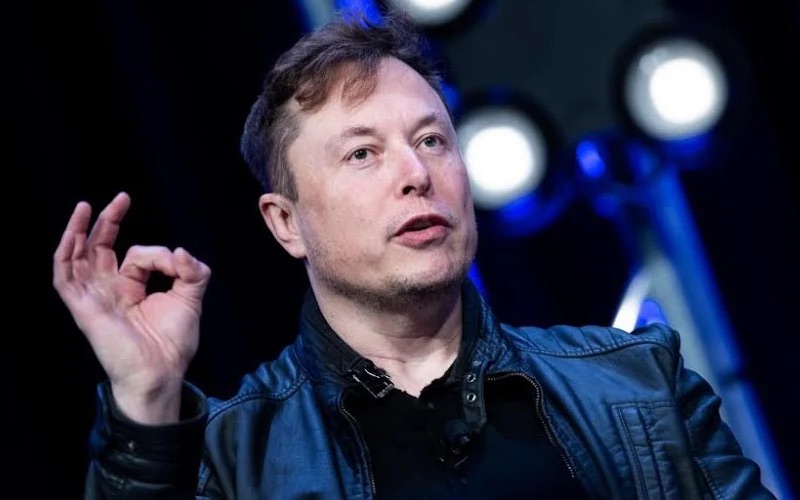
A legal dispute has erupted over executive power, focusing on Elon Musk and his team’s access to the U.S. Treasury Department systems. A federal judge issued an order temporarily blocking this access, following allegations from 19 states’ attorneys general that President Trump violated constitutional law by granting Musk such authority. The case, known as State of New York, et al v. Donald Trump, et al, filed in the Southern District of New York, highlights the ongoing tension between the executive branch and judicial oversight.
Joyce White Vance, a law professor, emphasized the judiciary’s role in curbing executive overreach. She noted that the Constitution and the rule of law tradition empower courts to evaluate the scope of power held by the executive branch. This tradition allows the judiciary to intervene when actions by the president or their administration are challenged.
“The Constitution and our rule of law tradition are set up so that the courts have jurisdiction to consider the scope of power possessed by the executive branch (the president), when his actions are challenged.” – Joyce White Vance
Elon Musk, known for his outspoken demeanor, has fiercely criticized judges who rule against him. In this instance, he labeled Judge Paul Engelmayer “corrupt” after Engelmayer’s decision to restrict Musk’s access to Treasury Department systems. Musk’s history of lashing out at judges extends beyond U.S. borders; he has previously targeted Justice Alexandre de Moraes in Brazil.
In response to the court’s decision, New Jersey Attorney General Matthew Platkin expressed support for the ruling. He stated that compliance is crucial due to the severe legal violations involved and the potential risks to cybersecurity and privacy.
“We absolutely expect the defendants to comply with the order, which the court issued in light of the egregiously illegal actions at issue and the enormous risk they pose to cybersecurity and privacy. Our nation is built on the rule of law, and we intend to pursue it to the maximum extent to protect our residents.” – Matthew Platkin
Musk’s team, tasked with reducing federal spending, workforce, and regulations, has targeted agencies utilizing a small fraction of the federal budget, including USAID. However, their actions have raised concerns among legal experts and officials. Marin K. Levy, a law professor, affirmed that both the State Attorneys General and the judge acted within their authority.
Vice President JD Vance weighed in on the matter, highlighting the limitations of judicial authority over executive functions. He compared it to a judge directing military operations or a prosecutor’s decisions.
“If a judge tried to tell a general how to conduct a military operation, that would be illegal. If a judge tried to command the attorney general in how to use her discretion as a prosecutor, that’s also illegal. Judges aren’t allowed to control the executive’s legitimate power.” – JD Vance
As Musk faces temporary restrictions on accessing Treasury data, his accusations against judges have fueled debate over judicial independence and executive accountability. His call for impeaching judges underscores his contentious relationship with legal authorities who challenge his initiatives.
The ongoing case underscores tensions between branches of government and raises critical questions about executive power limits. With centuries of precedent backing judicial oversight, courts remain pivotal in preventing constitutional breaches by the executive branch.
Author’s Opinion
The dispute surrounding Musk’s access to the U.S. Treasury Department highlights the ongoing tension between executive power and judicial oversight, which remains essential in maintaining constitutional checks and balances. While Musk’s criticisms of the judiciary are not new, this case underscores the importance of the courts in curbing executive overreach. It is crucial for the judiciary to preserve its independence and ensure that no branch of government exceeds its constitutional limits.
Featured image credit: FMT
Follow us for more breaking news on DMR
